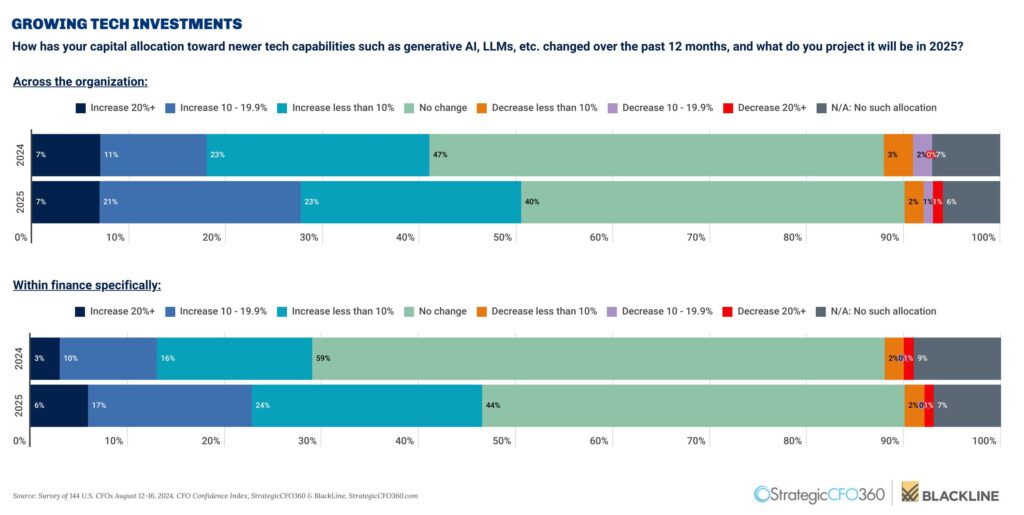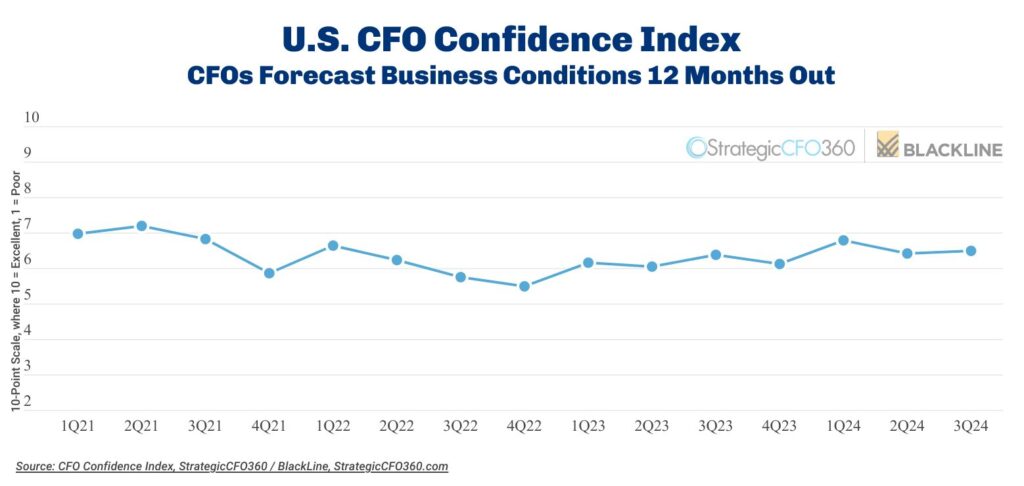Richard McBride, CFO of supply chain management consultancy Efficio, has worked in finance in various sectors such as staffing, testing and inspection, pharmaceuticals, and media. Although those industries have different inputs and outputs, the demands on finance for controls and accuracy—and the need for trust built through reliable financial data—are a constant.
McBride spoke with our Katie Kuehner-Hebert about why a high level of versatility is essential in a finance chief and how the reliability of financial data can promote its use in strategic decision-making across an organization.
How did you become interested in corporate finance, and what is the most rewarding part of the job?
As someone who manages the finances for a global procurement and supply chain management consultancy, I find the job very rewarding. It covers a wide range of issues, including operational activities, corporate transactions, and tax and regulatory filings. Working with global businesses with differing dynamics and cultures in multiple territories adds even more variety.
Most business activities have a financial impact, so finance teams must engage and interact with various people and disciplines internally and externally. Often, finance ends up being the intersection of several business activities involving the management of multiple dimensions. The role of a finance leader requires a high level of versatility to balance financial control with business efficiency to enable the company to grow effectively.
How do you ensure alignment and maintain dialogue with other leadership members?
I find it essential to have regular meetings, whether they are in person or on screen. Since we are a global company with employees worldwide, virtual meetings remain critical to maintaining regular contact, but we encourage physical meetings as much as possible.
For effective alignment with other leaders, financial input needs to be relevant to the day-to-day and strategic activities of the business. It can only be applicable if the information is timely, reliable and of high quality. That can only come from well-managed, high-quality embedded systems. When the leadership team understands and is confident in the information, it will automatically be used in decision-making and strategic discussions.
Using high-quality financial information also creates a virtuous feedback loop. Managers understand that day-to-day processes must be followed correctly; otherwise, the financial output will be inaccurate.
How are Efficio’s clients dealing with the challenges of geopolitical tensions, continued inflation and relatively high interest rates?
The current environment presents significant challenges for our clients in navigating and maximizing their procurement and supply chain activities, and often, they lack the skills and experience to do this. Increased geopolitical activity brings added complexity. Although inflation is easing, underlying prices are still rising, putting pressure on chief procurement officers. Procurement functions are constantly under pressure to reduce costs yearly, which only increases when prices rise.
In a higher interest rate environment, managing a company’s cash flow is more critical than ever. Efficient procurement and working capital management are major influences on cash flow—in a difficult economic environment, they can be the difference between success and failure.
How big of a breakthrough do you think AI will be for finance professionals? How will it be additive or transformational for the way CFOs work?
From a finance perspective, no one knows precisely how AI will evolve, but successful financial management always involves considering risks and controls. While AI will undoubtedly help make processes more effective and efficient, it should only be used where the processes are well understood and controlled if necessary.
In terms of how AI will impact the way CFOs work, it will undoubtedly replace or supplement current processes. Still, human involvement will probably be required to control and validate many results. There is a danger that AI could build new biases into outputs, and in a world awash with spurious data, AI needs to focus on where data is valid. AI will be additive so long as it is understood and managed correctly.








